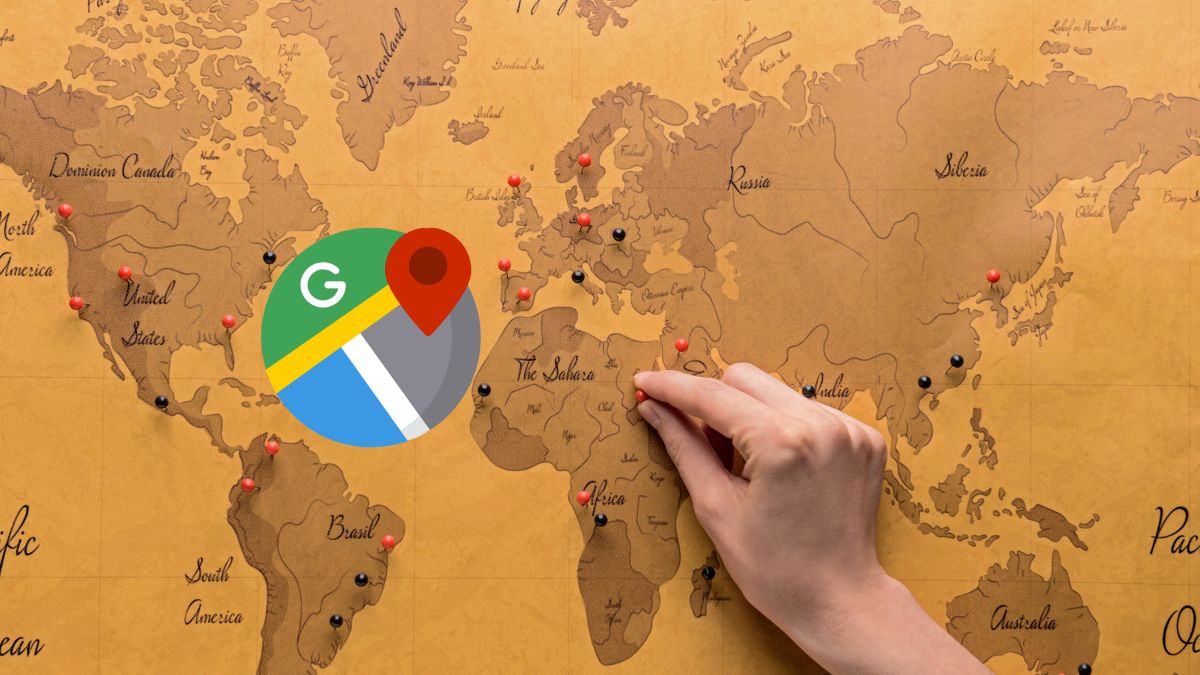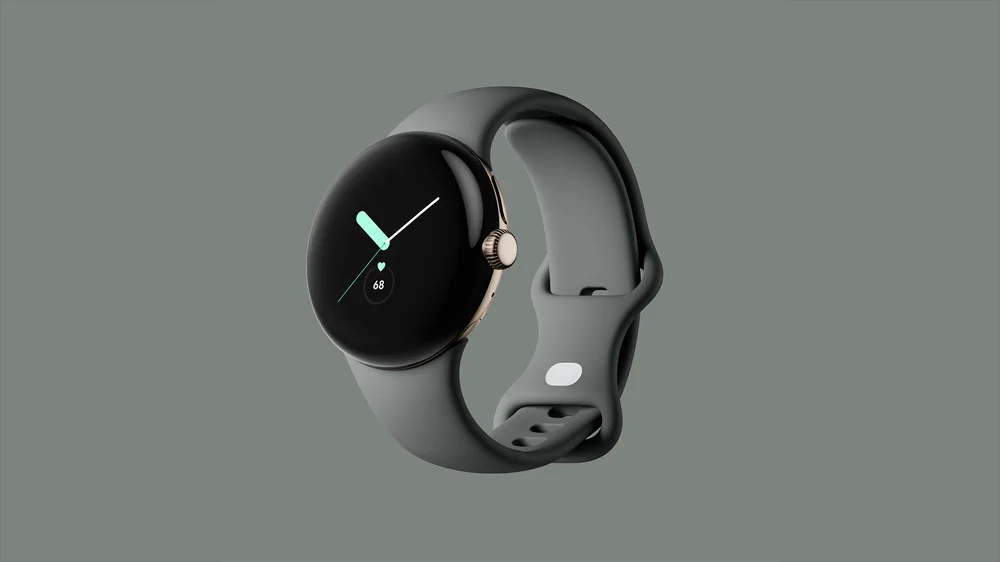Google Maps gets on the privacy bandwagon with these new functions for users

Google Maps joins the trend to protect privacy. The platform is already implementing significant changes that promise to transform the user experience.
Google Maps, known for its accuracy and versatility, has announced three innovative updates that will begin rolling out in the coming weeks focused on collected user data.
These improvements are designed to offer greater control and privacywithout compromising the functionality that has made them prefer this application for years.
After the design changes to the map, which have caused so much controversy, and some other improvements in other areas, such as AI, it is the turn of the data.
Privacy improvements in Google Maps
First, the iconic user representation on the map, the blue dot, is getting a makeover. By tapping it, users will be able to access essential location controls. For example, they will be able to check if Location History or Timeline settings are activated.
Besides, It will check if Google Maps has access to the device’s location. With just a few taps, you’ll have this information at your fingertips.
The second update is perhaps the most notable in terms of privacy. Location History, a feature that saves visited places, will no longer be stored in the cloud.
Instead, will be saved locally on the device, providing unprecedented control over your datas. The default setting to automatically delete history will be reduced from 18 to 3 months.
Finally, will allow users to easily delete all activity related to a specific place on Google Maps. This includes searches, directions, visits and shares, all centralized in a single menu. This feature will also be rolled out in the coming weeks.
These updates, which will roll out to both Android and iOS devices, are designed to give users greater control over their personal information while maintaining the app’s essential functionality.
With these changes, Google Maps not only establishes itself as a leader in navigation and geolocation, but also as a vanguard in privacy protection.



